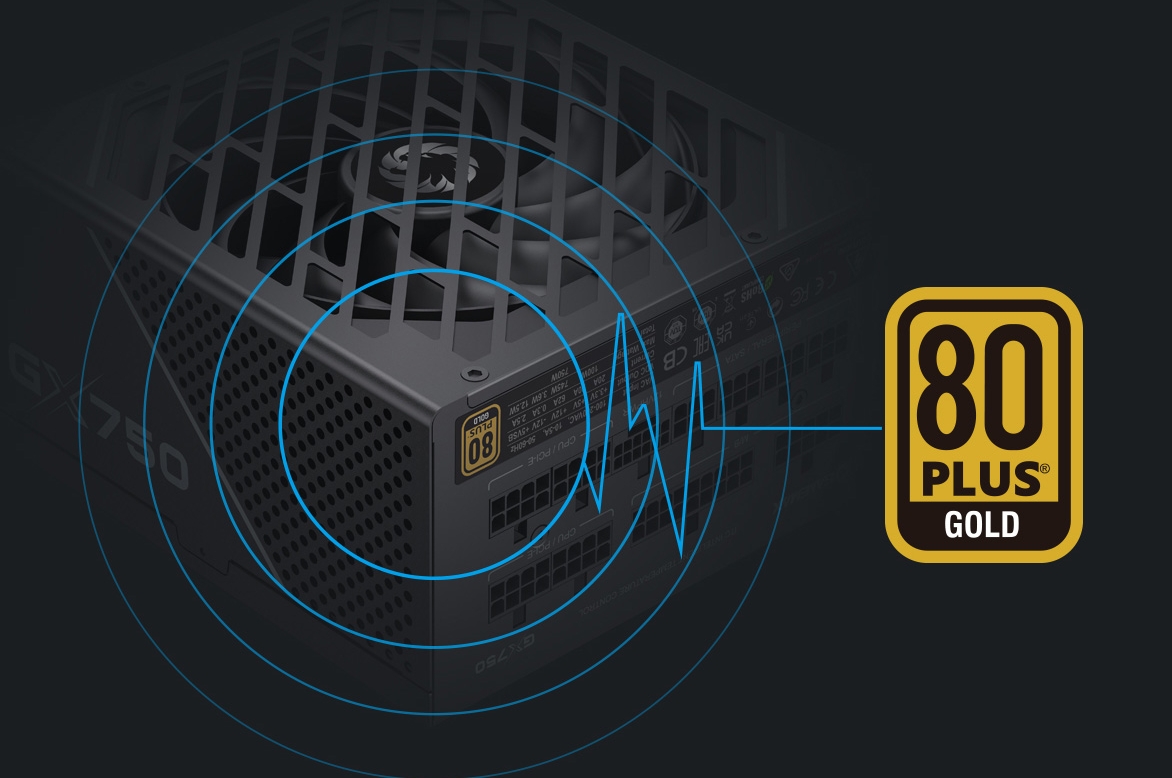When building or upgrading a PC, choosing the right power supply unit (PSU) is crucial. The PSU not only powers your components but also affects the system's stability, efficiency, and longevity. As you navigate the vast market in 2024, here are key factors to consider when selecting a PSU for your build, along with recommendations for three excellent 850W power supplies.
The first step in choosing a PSU is determining the required wattage. Calculate the total power consumption of your components, including the CPU, GPU, motherboard, RAM, storage drives, and any peripherals. It’s wise to choose a PSU with a capacity that exceeds your calculated needs—typically by about 20%—to allow for future upgrades and to ensure stable performance under load.

Efficiency is vital for performance and cost-effectiveness. Look for a PSU with an 80 Plus certification (Bronze, Silver, Gold, Platinum, or Titanium). In 2024, 80 Plus Gold or higher is recommended for most gaming and performance builds, as it provides excellent efficiency, reducing electricity costs and heat generation.
PSUs come in three configurations: non-modular, semi-modular, and fully modular.
Non-modular: All cables are fixed, which can lead to clutter.
Semi-modular: Essential cables are fixed, while others are detachable, allowing for some customization.
Fully modular: All cables can be connected or disconnected, offering the most flexibility and cleaner cable management.
In 2024, fully modular PSUs are increasingly popular for ease of installation and better airflow.
PSUs utilize single or multi-rail designs for distributing power.
Single Rail: Provides all power on one +12V rail, simplifying power delivery for high-demand components like GPUs.
Multi-Rail: Distributes power across multiple +12V rails, providing extra safety features by limiting the current on each rail.
For most gaming setups, a single rail design is generally preferred for its simplicity and efficiency.
Ensure the PSU has the necessary connectors for your components, especially if you are using the latest hardware. Look for:
24-pin ATX connector for the motherboard.
8-pin (or 4+4) CPU connector for the CPU.
6+2 pin PCIe connectors for GPUs (especially for high-end cards).
SATA power connectors for SSDs and HDDs.
Molex connectors for older devices.
With the introduction of PCIe 5.0 and ATX 3.0, ensure the PSU supports these new standards for future-proofing your build.
A good PSU should maintain optimal operating temperatures while minimizing noise. Look for:
High-quality fans with low RPM for quieter operation.
Smart fan control features that adjust the fan speed based on temperature.
Larger fan sizes, which can move more air at lower RPMs.
Some brands also offer fanless operation at low loads, which can be beneficial for quiet builds.
The quality of components used in the PSU significantly impacts its reliability. Look for:
Japanese capacitors, known for durability and performance.
High-quality inductors and transformers for stable power delivery.
Robust protection features such as Over Voltage Protection (OVP), Over Current Protection (OCP), Under Voltage Protection (UVP), Short Circuit Protection (SCP), and Surge Protection (SP).
A reliable PSU should come with a substantial warranty—typically at least 5 years, though some high-end models offer 10 years or more. Check for manufacturer support and customer service reputation, as these can be important if you encounter issues.
Consider reputable brands known for quality and reliability, such as Corsair, EVGA, Seasonic, Thermaltake, and GameMax. Research user reviews and professional recommendations to ensure you're selecting a reliable product.
Corsair RM850x
The RM850x is a top choice for gamers seeking a reliable and efficient power supply with excellent cooling features.
Wattage: 850W
Certification: 80 Plus Gold
Design: Fully modular for customizable cable management.
Cooling: Features a 135mm fan with a zero RPM mode for silent operation under low loads.
Protection: Comprehensive protection features ensure reliability and safety.
EVGA SuperNOVA 850 G5
The SuperNOVA 850 G5 is ideal for high-performance builds, providing stability and efficiency.
Wattage: 850W
Certification: 80 Plus Gold
Design: Fully modular with high-quality components.
Cooling: 135mm fan for optimal airflow and quiet operation.
Warranty: 7-year warranty for peace of mind.
GameMax RGB-Smart 850 PRO
The GameMax RGB-Smart 850 PRO is perfect for gamers who want both performance and visual flair in their builds.
Wattage: 850W
Certification: 80 Plus Gold
Design: Fully modular with an advanced LLC+DC-DC design for stable power delivery.
RGB Lighting: Comes with an RGB fan that features customizable lighting modes for aesthetics.
Compatibility: Supports ATX 3.0 and PCIe 5.0, making it suitable for the latest components.
In 2024, choosing the right power supply unit involves balancing wattage, efficiency, modularity, and quality. By considering these factors and the recommended 850W PSUs, you can ensure that your PSU meets the demands of your components, provides stable power, and supports your gaming or performance needs for years to come. Take your time, do your research, and invest in a PSU that will serve as a solid foundation for your PC build.